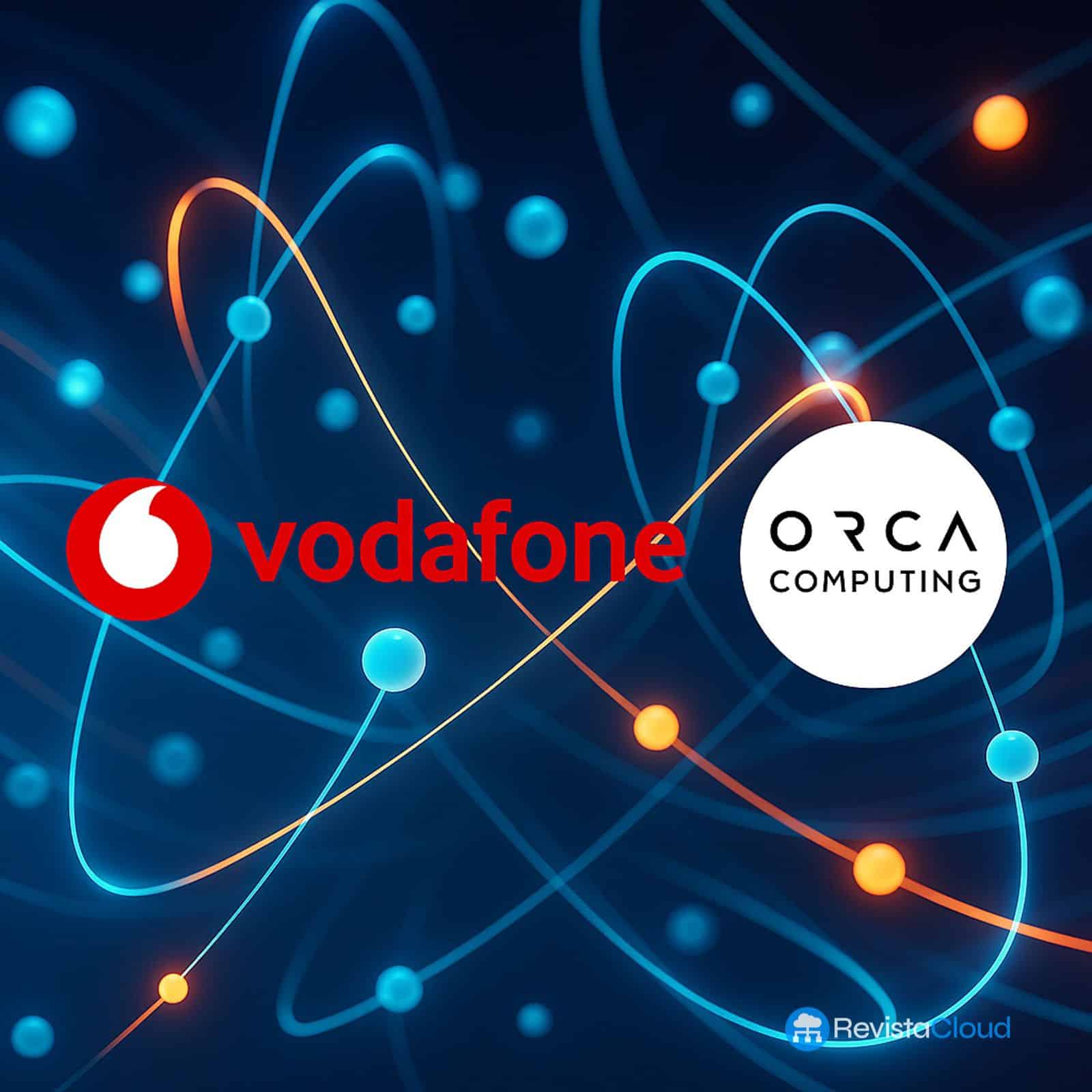Vodafone has announced a strategic collaboration with British company ORCA Computing, specializing in photonic quantum computing, to explore the use of this revolutionary technology in the design and optimization of fixed and mobile networks. The goal: to more quickly and efficiently identify the best routes for expanding and modernizing broadband connections, benefiting both residential and business customers.
Why Quantum Computing?
As telecommunications networks expand and grow in complexity, finding the optimal design—which reduces costs, minimizes civil works, and maximizes coverage and speed—becomes a significant challenge. Traditionally, this type of problem requires processing power that can take hours, days, or even weeks to solve on classical computers, especially when it involves connecting new areas or deploying communication nodes in urban and rural environments with multiple obstacles.
This is where quantum computing comes into play. Vodafone and ORCA Computing are experimenting with algorithms that, when executed on the ORCA PT-2 photonic quantum system, allow these complex scenarios to be modeled in minutes. For example, Vodafone utilized the ORCA PT-2 in the UK’s Quantum Technology Access Programme (QTAP) to solve the famous Steiner Tree problem, which helps identify the most efficient way to extend a fiber optic network.
From Theory to Practice: Cost Reduction and Faster Deployments
The quantum approach offers two major advantages: it can find more precise solutions in much less time than traditional methods. This results in fewer meters of cabling, better locations for base stations, and ultimately a faster, more cost-effective, and sustainable network deployment. Vodafone anticipates that as this technology matures, it can be applied not only to the planning of new networks but also to predictive maintenance and dynamic optimization of its global infrastructure, which includes one of the largest submarine cable systems in the world and a new satellite broadband network.
Luke Ibbetson, head of R&D at Vodafone, emphasizes: “Partnering with ORCA Computing will allow us to tackle ultra-complex problems that today can take weeks or years to solve. Being able to model new networks that maximize speed, reliability, and coverage for our customers—navigating dense cities or rural areas—in a matter of minutes will be a paradigm shift.”
Meanwhile, James Fletcher, head of solution architecture at ORCA Computing, stresses that “this collaboration demonstrates that the quantum acceleration of use cases in telecommunications is not just theory, but a viable and commercially attractive solution.”
Towards a Smarter, More Efficient, and Sustainable Network
The partnership has been formalized through a Letter of Intent (LOI) to continue collaboratively developing algorithms and pilot tests with defined objectives and timelines. Vodafone will evaluate the results to decide on a potential commercial expansion of the collaboration. This move aligns with Vodafone’s commitment to automate and enhance its networks with artificial intelligence, machine learning, and now quantum computing, as pillars of a future network capable of anticipating and resolving failures before they impact the end user.
Vodafone serves over 340 million customers across 15 countries, with leading IoT and fintech platforms in Europe and Africa. ORCA Computing, for its part, has already installed a number of quantum computers at supercomputing centers and universities and collaborates with top public and private institutions.
A Connected… and Quantum Future
The collaboration with ORCA Computing positions Vodafone among the pioneering European operators in the practical application of quantum computing for real network challenges. As this technology evolves, the design, deployment, and operation of digital infrastructures could experience an exponential leap in efficiency and capacity, opening the door to a new era of connectivity.
Source: Press Release

